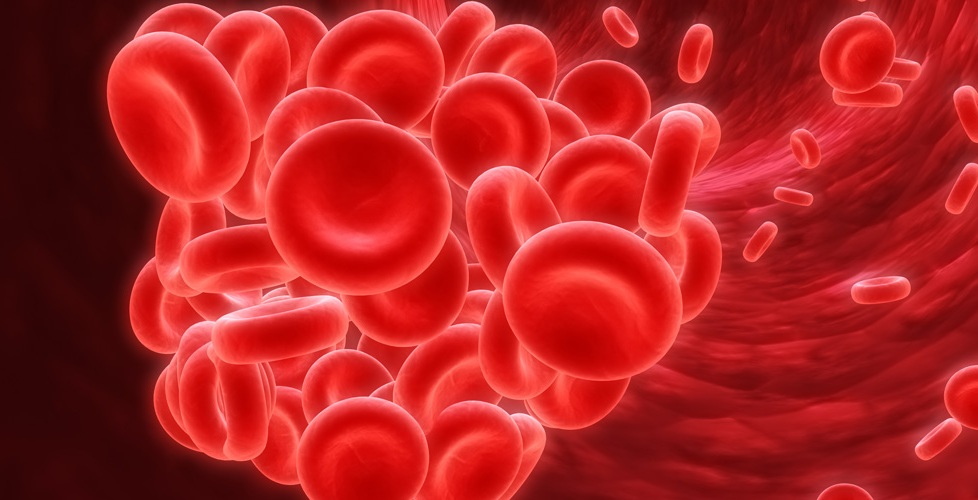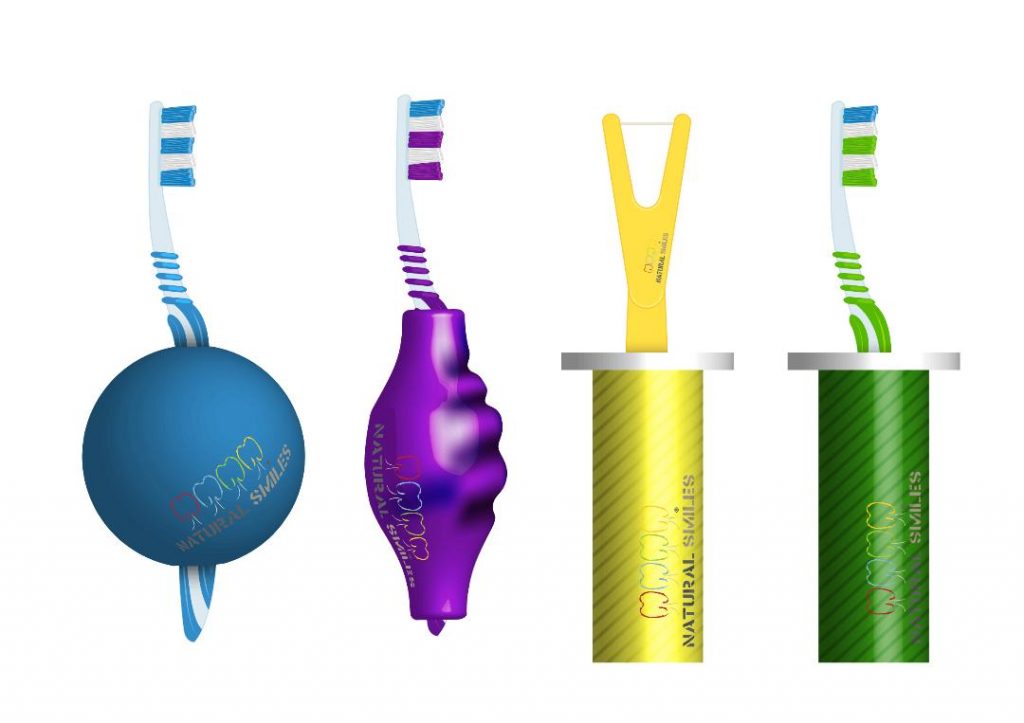Special needs patients
Autism
Due to the special care that people with autism need, it is important to visit the pediatric dentist as soon as possible, to prevent any dental problems and to establish a good relationship with the dentist. First you should let us know when you make the appointment that your child has autism, in order to schedule more time for the appointment. It is also important to prepare the child from home for his/her appointment by showing him the photo of the dentist that he/she is going to meet, and by rehearsing how he/she will sit in the chair and open the mouth to count his/her teeth with a small mirror. Also, you can explain him/her that we will brush the teeth and that we will paint the teeth (with fluoride) to make them strong. In case the patient faces extensive dental needs we can treat them under general anesthesia. At home, it is very important that oral hygiene becomes part of the patient’s daily routine as soon as possible. This way, the patient will want to brush the teeth and they will be able to prevent tooth decay and gingivitis. Find any fluoridated toothpaste that the child likes. It is also very important not to reward children with sweets and to establish good eating habits early on so that your child does not develop any cavities.


Heart disease
Patients with heart disease are considered to be predisposed to infectious endocarditis during dental work. For this reason, in the past they required the administration of antibiotics (chemoprophylaxis) before any dental procedure, to prevent an infection. However, the usefulness of chemoprophylaxis is now being questioned and the American Heart Association suggests its use only in patients with: Implanted artificial valves, History of endocarditis, Cyanotic heart disease, Heath surgery in the last 6 months. However, it is very important that all patients with heart disease apply good oral hygiene as there is a greater risk of transmission of germs from the mouth to the heart when the patient has gingivitis.
Diabetes
Children with diabetes are more likely to develop gingivitis. For this reason, it is important to visit the pediatric dentist as soon as possible to prevent any dental problems. Is better to visit the dentist in the morning, and the patient needs to eat and receive the required dose of insulin before the appointment. You should bring the glucose meter in case the patient does not have an insulin pump and perform a measurement just before the appointment. It is advisable to have some juice with you to give to the patient in case of hypoglycemia.


Hemophilia
Children with blood disorders may need some medical preparation prior to dental treatment. Consult your doctor to find out which dental treatments require a coagulation agent. In the majority of cases patients have mild haemophilia and factor administration is required only in cases of tooth extraction, while other operations can be carried out normally.
Asthma
It has been found that children with asthma are more likely to develop hypoplastic teeth and caries. For this reason, it is important to visit the pediatric dentist as soon as possible to prevent any dental problems. Preventively it is important to rinse the mouth with water after the use of the inhaler and to avoid brushing the teeth to prevent tooth abrasion. You should bring the inhaler at each appointment to be used in a case of an asthmatic crisis.


Motor disabilities
Children with mobility problems often have difficulty in applying good oral hygiene. It is therefore important that they visit the pediatric dentist as soon as possible. In the application of oral hygiene, parents can help by brushing their child’s teeth even at an older age. We can also adjust the handle of the toothbrush to make brushing easier for the patient. In cases the patient has difficulty keeping his mouth open, parents can wrap with a tape some ice cream/handicraft sticks in which the patient can bite on one side as we brush the other side. It is also very important not to reward children with sweets and to establish good eating habits early on so that the child does not develop any caries.
Oncology patients
Patients with neoplastic diseases should visit the dentist before starting their treatment. During chemotherapy patients who have an outbreak of infection in the mouth (tooth decay, gum inflammation, etc.) are likely to experience dental infections that may be critical to the patient’s health. Before the therapy, we provide a dental check-up, we give oral hygiene and nutrition advice, cavities are restored, baby teeth that will soon fall off and orthodontic appliances are removed. During the chemotherapy dental treatments are usually postponed unless there is an emergency. The dentist can also provide some advice on the different preventive means the patient can use to avoid inflammation and to tolerate oral ulcers. After the completion of treatment, the patient needs follow-up as antineoplastic treatment can affect tooth formation, salivary glands,etc.



